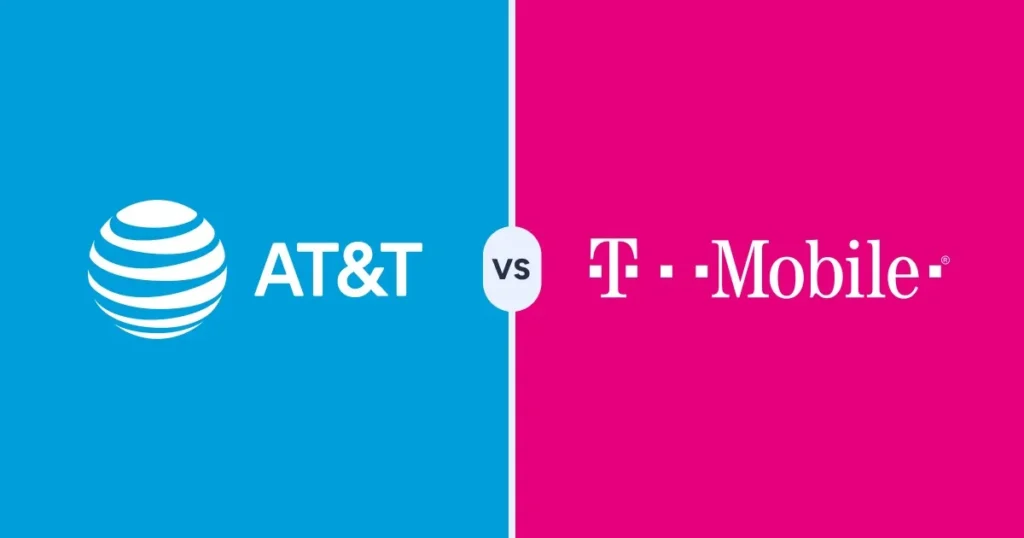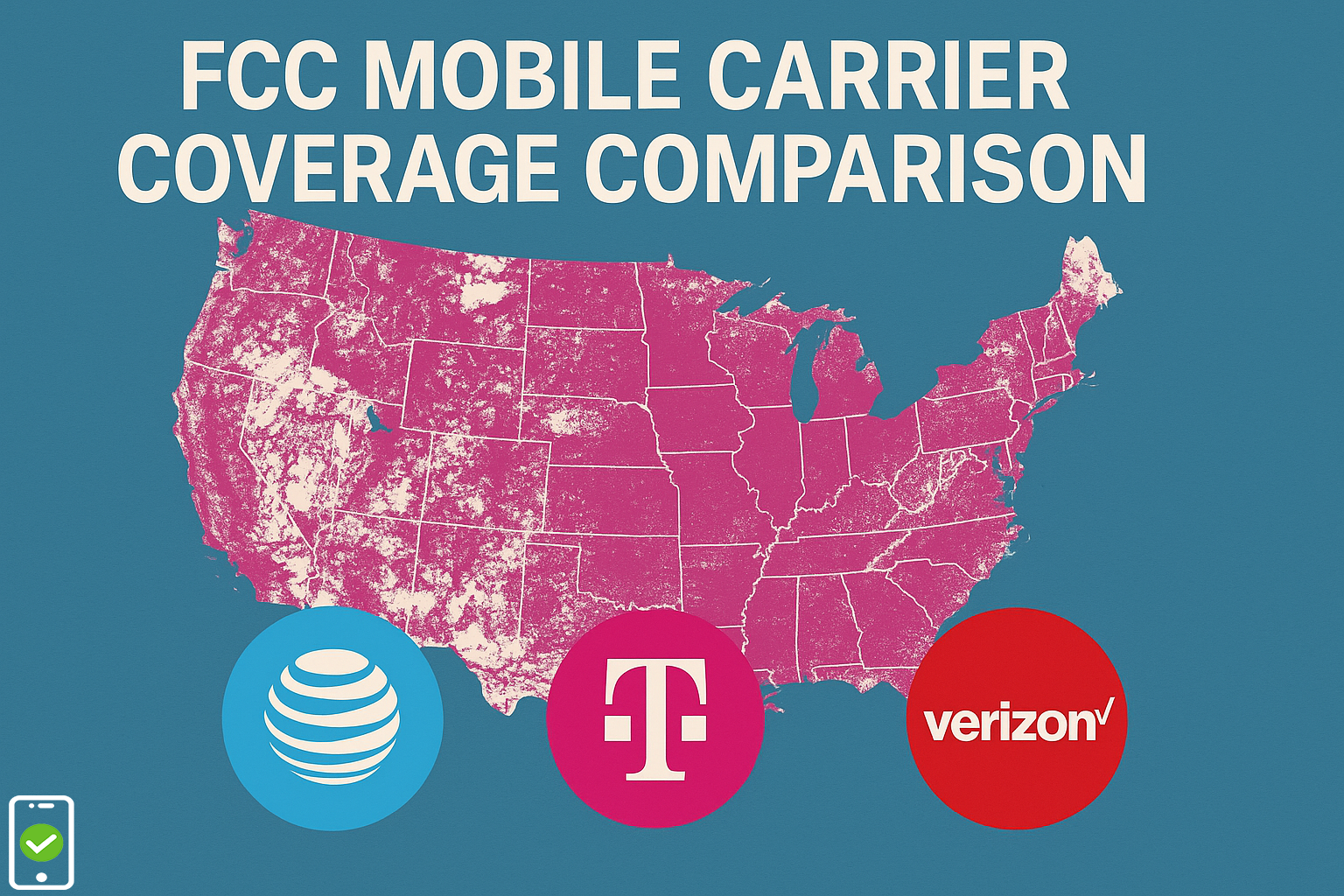The Federal Communications Commission (FCC) has recently voted in favor of stringent measures against robocalls and unwanted texts, but this decision is poised to send shockwaves through various business sectors, particularly in outbound calling and lead generation.
As businesses find themselves at a pivotal juncture, navigating these turbulent regulatory waters demands a strategic overhaul. This adaptation will not only involve significant investment in technology and personnel but also a deep dive into legal complexities to ensure compliance and effective customer engagement. For a more detailed understanding of the proposed changes and their implications, our previous post “Understanding the Proposed FCC Rule Changes from November 22, 2023: Combatting Illegal Text Messages and Call Impacts” offers an insightful analysis.
Moreover, a direct examination of the original FCC document FCC-22-86 is crucial for businesses to fully grasp the scope and specifics of these regulations. This document lays the groundwork for the upcoming changes and is an essential read for companies seeking to align with the new legal landscape.
The repercussions of these regulations extend far beyond mere compliance, potentially upsetting the established business practices and economic models in the U.S., while inadvertently favoring unregulated international players.
Key Measures Adopted
New Text Blocking Requirements
The FCC has mandated terminating providers to block texts from numbers suspected of sending illegal messages. This rule doesn’t replace voluntary blocking by mobile providers but ensures comprehensive coverage.
Do Not Call List Protections for Texts
Text messages are now officially under the Do Not Call registry’s protection, requiring texters to have a consumer’s permission before sending marketing texts to registered numbers.
Closing the Lead Generator “Loophole”
This new rule requires explicit written consent for calls or texts generated through lead generation websites, ensuring that consent is tied to clear disclosures and is relevant to the content of the communication.
Commissioner Comments
Each commissioner highlighted different aspects of the decision:
Chairwoman Rosenworcel
Emphasized the need to curb the nuisance and potential harm caused by illegal texts and calls, especially during the holiday season.
Commissioner Carr and Commissioner Starks
Expressed strong support for the measures, acknowledging their importance in protecting consumer rights.
Commissioner Simington
While supporting most of the item, expressed concerns about the approach to lead generation texts, suggesting that the decision could have unintended consequences on small businesses.
Commissioner Gomez
Stressed the balance between protecting consumers from unwanted communications and considering the impact on small businesses.
The Far-Reaching Impact of the FCC’s Decision
Redefining the Lead Generation Ecosystem
The new FCC regulations turn the lead generation world on its head. Businesses that have long relied on buying leads as part of their marketing strategy will now face a daunting landscape where the rules of engagement have drastically changed. The requirement for explicit, individual consent fundamentally alters how leads are generated, shared, and utilized, creating an operational and logistical quagmire for both lead generators and buyers. Obviously, the impact will be most heavily felt by lead generators themselves. This is a significant sea change, one that has been navigated before, but requires intense effort, increased expense, and most of all, a leap forward in regulatory challenges, legal, and compliance hurdles simply to to process day to day business operations.
A Blow to Domestic Businesses, A Boon for Overseas Entities
One of the unintended consequences of these new rules is the disparate impact on domestic versus international businesses. While U.S.-based companies scramble to adapt and comply, unregulated entities overseas may continue their operations with relative impunity. This uneven playing field could lead to a significant disadvantage for compliant U.S. businesses, struggling to keep up with their less-regulated international counterparts. This will, however, lead to the next big impact point, which is how it forces the compliance and restrictions on carriers, CPaaS and CCaaS providers.
Increased Burdens on Carriers and CPaaS/CCaaS Providers
Carriers and CPaaS + CCaaS providers face their own set of challenges under the new FCC rules. They are now tasked with implementing sophisticated systems to filter and block unauthorized communications, a responsibility that comes with substantial technical and financial burdens. These increased operational costs are likely to trickle down, affecting their pricing and service models. They are also going to need to implement far greater KYC processes and will most likely have to lean harder on 3rd party validation services, none of which are fully prepared for this change.
Escalating Costs for Businesses Relying on Purchased Leads
For many businesses, the ability to purchase leads was a cost-effective strategy to drive sales and growth. However, the new regulations compel these businesses to rethink their approach. Developing in-house marketing efforts to replace lead buying will undoubtedly lead to higher expenses, without the guarantee of similar returns. This shift could particularly hit small and medium enterprises hard, for whom lead buying was a lifeline to competitive relevance.
Compliance Nightmares
The rules around validating and maintaining opt-in and opt-out preferences are now more complex than ever, posing a significant compliance headache. The requirement for individual consent adds layers of verification and documentation, demanding resources that many businesses may find overwhelming. This complexity is exacerbated when considering the global nature of digital communications, where cross-border transactions further complicate compliance efforts.
Adapting to a New Reality
Businesses are now at a crossroads, needing to navigate these turbulent regulatory waters while seeking new strategies to sustain and grow. This adaptation will likely involve significant investment in technology, personnel, and legal expertise to ensure compliance and effective customer engagement in this new era.
The FCC’s latest regulations mark a seismic shift in the landscape of outbound calling and lead generation, presenting daunting challenges for businesses. As the industry grapples with these changes, the full extent of their impact on the U.S. business ecosystem and its competitiveness on the global stage will unfold in the coming years.



